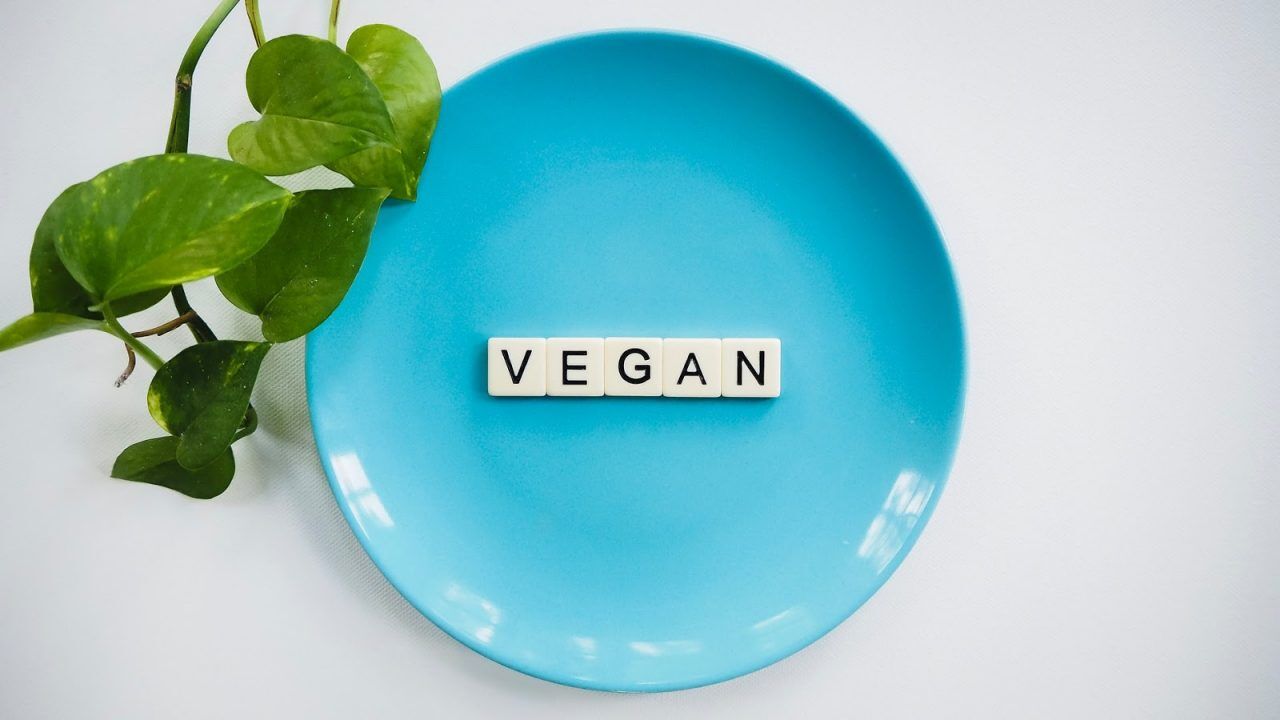A plant-based diet is one of the healthiest journeys you can take. A lot of people adopt a vegan diet for weight loss; some do it to reduce their carbon footprint. There are numerous benefits to going vegan, but a common side effect that can become more than a nuisance is vegan bloating. Why does it happen and how can you deal with it?

Why Does a Plant-Based Diet Cause Vegan Bloating?
Vegan bloating is caused by the increase in fiber in your diet. Also referred to as roughage, fiber in a regular diet plays a major role in maintaining digestive health. Dietary fiber – that is, fiber that you get from plant foods – is indigestible. In the right quantities, fiber helps improve digestion by keeping the digestive tract “flowing,” keeping bowel movements soft and regular, and feeds good gut bacteria.
Too much of anything, even anything healthy, eventually causes some unpleasant side effects, to say the least. The minimum daily requirement for fiber in women is 25 grams; for men, it’s 31.5 grams. But when you go vegan, you’ll be consuming a lot more fiber than is recommended and than what your body needs and is used to.
Vegan bloating is mainly caused by the “overfeeding” of the healthy bacteria in your gut. Vegan bloating is usually experienced by individuals who are new to a plant-based diet. Their gut bacteria, therefore, is still used to only a certain amount of fiber and have yet to adapt to the new diet. One of the by-products of these bacteria as they feed on and ferment fiber is gas. So too much fiber in your diet will produce too much gas and bloating.
There’s no need to worry, however; vegan bloating is normal and the extreme gassiness and discomfort are only temporary. This will subside in about two weeks after you start your plant-based diet. You will still experience more gas than what you had before you switched to a vegan lifestyle, but it will be more tolerable.
Which Plant Foods are the Main Cause of Vegan Bloating?
- Cruciferous vegetables, such as broccoli, Brussels sprouts, cabbage, and kale, have sulfur-containing compounds called glucosinolates. They also contain raffinose, a type of carbohydrate molecule that the human gut cannot digest. When it enters the large intestine undigested, it is fermented by bacteria which then produces gas.
- Beans and legumes only come second to dairy products as the worst offenders when it comes to causing gassiness. These plants contain two types of indigestible sugars, raffinose and stachyose.
- Plant-based processed foods are still high in fats and take their sweet time moving through the digestive tract, thereby causing bloating.
How can you Reduce Vegan Bloating?
Vegan bloating is going to be a part of your new lifestyle, but there are ways to reduce it.
Slowly increase your fiber intake
As already mentioned, switching to a plant-based diet also means switching to a low- or average-fiber intake to a high-fiber intake. During the first couple of weeks or so, gradually incorporate more fiber into your diet to give your body and gut bacteria enough time to adjust to the increased intake.
Drink lots of water
If you’re not doing this already, you should start increasing your water intake from the first day that you go vegan. Drinking lots of water is also an important part of the vegan lifestyle. Dietary fiber requires water in order to smoothly flow through the digestive tract; and your increased fiber intake will also require more water.
Start with a light meal
If you used to start your day with a heavy breakfast, you’ll be doing the complete opposite while transitioning to your vegan diet. Again, the goal is to let your body gradually adapt to the increased fiber in your new diet. Have a light and simple breakfast, and then eat a heavier lunch once you become hungry. A sizable dinner is also okay as long as it’s in response to young natural hunger. Over time, you can also slowly incorporate more filling breakfast foods but make sure your first meal of the day is the lightest one.
Take your time chewing
This should be the norm whatever diet you’re following. There are a few reasons why properly chewing your food is important to healthy eating. You’re supposed to chew your food enough to turn it into a thick liquid or until it loses its texture. The more you chew, the more you break down the food and the more saliva and digestive enzymes you produce. This will make it easier for your stomach to further digest the food and allow smoother flow through the small intestine, which will reduce the risk of bloating.
Cook your food
During your transition period, start with cooked vegetables as these are easier to digest than raw ones. Slowly introduce raw veggies to your stomach.
Enjoy your smoothies
You’ll be drinking a lot of smoothies on a vegan diet. But don’t gulp them; sip slowly. Even in liquid form, you should slowly ingest the fiber in your drink. While you’re still transitioning, start with only a small amount and then gradually increase the volume per drink and then the number of drinks per day.
Try the Following Remedies
- Drink ginger tea, or just add ginger to water/lemon water. You can also add ginger to your meals.
- Drink herbal teas that are good for digestion, such as peppermint and fennel teas. Drinking tea also counts toward your water intake.
- Take a probiotic supplement that contains acidophilus and Bifidus bacteria – these strains help combat vegan bloating, gas, and irregularity. Make sure you get a product that is plant-based and dairy-free.
- You can perform certain yoga poses that help relieve stomach upsets, such as gas and bloating. These include the child’s pose, angry cat, downward facing dog, puppy pose, and plow pose, among others.
